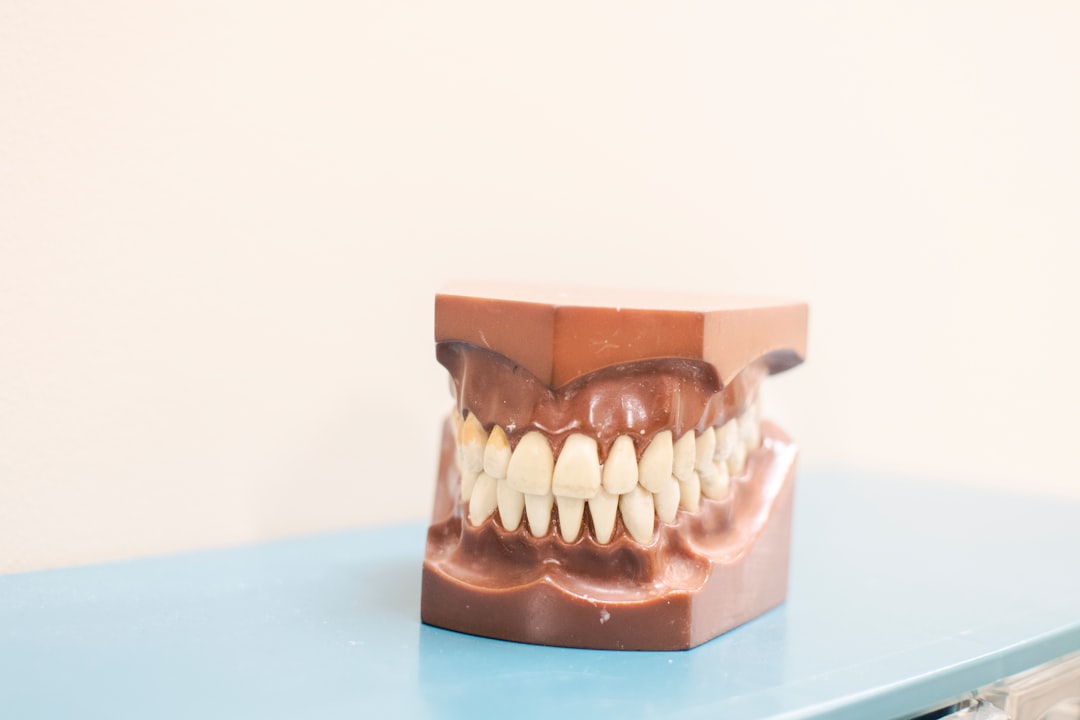Dental Assistant Kaiāwhina Mahi Niho
Dental assistants help dentists with patient care and running dental practices.
Orthodontic auxiliaries must be registered with the Dental Council of New Zealand.
Dental assistants may do some or all of the following:
- greet and prepare patients for treatment
- mix materials for fillings
- clean and prepare instruments
- pass instruments and materials to the dentist
- develop x-rays
- make moulds of patients' teeth
- complete infection prevention and control procedures
- follow up with patients where required
- perform reception and clerical duties
- order dental and office supplies.
Dental assistants may progress to become orthodontic auxiliaries, and assist orthodontists with patient care. To become an orthodontic auxiliary you need to complete approved training and meet other requirements set out by the Dental Council of New Zealand. An Annual Practising Certificate and registration with the Dental Council of New Zealand is also required.
Physical Requirements
Dental assistants need to be reasonably fit and healthy.
Useful Experience
Useful experience for dental assistants includes reception and hospital work.
Personal Qualities
Dental assistants need to be:
- friendly, polite and caring
- good at listening
- able to communicate effectively
- quick and efficient
- able to work well under pressure
- able to remain calm in emergencies
- organised and able to follow instructions.
Skills
Dental assistants need to have knowledge of:
- basic dentistry and hygiene
- general dental practices
- dental materials and vocabulary
- how to use and care for dental equipment, including sterilisation procedures
- dental surgery procedures, including the use of sedatives and anaesthetics.
Conditions
Dental assistants:
- work regular business hours and may be required to work late nights and weekends
- work in dental surgeries, hospitals, private dental practices and community health centres.
Subject Recommendations
There are no specific secondary education requirements to become a dental assistant. However, health education, biology, chemistry, physics and mathematics to at least NCEA Level 2 are useful.
Related Options
Dental Assistants can earn around $48K per year.
Pay for dental assistants varies depending on experience.
- New dental assistants usually earn between minimum wage and a little more.
- Dental assistants usually earn $51,000 to $62,000 a year.
Sources: Seek, 2023; Te Whatu Ora Health NZ, 'PSA Auckland Allied Public Health MECA May 2022 - June 2023'; and 'PSA Rest of New Zealand Allied Public Health MECA May 2022 - June 2023'.
With further training, dental assistants may progress to become:
- orthodontic auxiliaries
- oral health therapists
- dental technicians.
Years Of Training
There are no specific entry requirements to become a dental assistant, as you gain skills on the job.
However, many employers prefer you to have completed the New Zealand Dental Association Certificate in Dental Assisting, or employ you as a trainee while you complete the certificate.
The Vulnerable Children Act 2014 means that if you have certain serious convictions, you can’t be employed in a role where you are responsible for, or work alone with, children.

 Edgewater College
Edgewater College